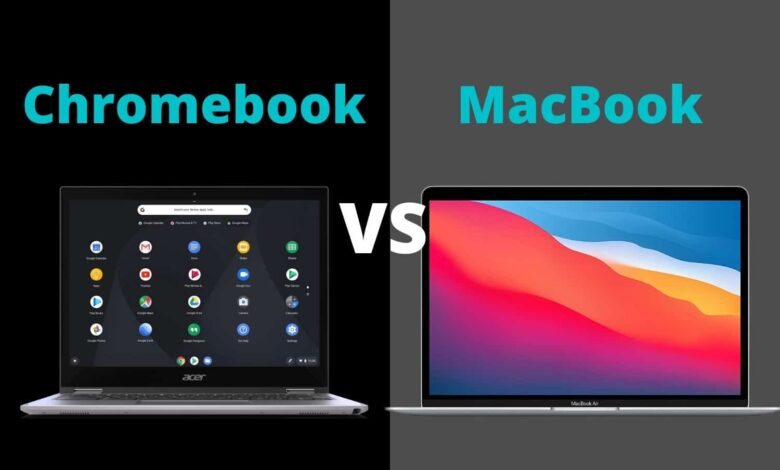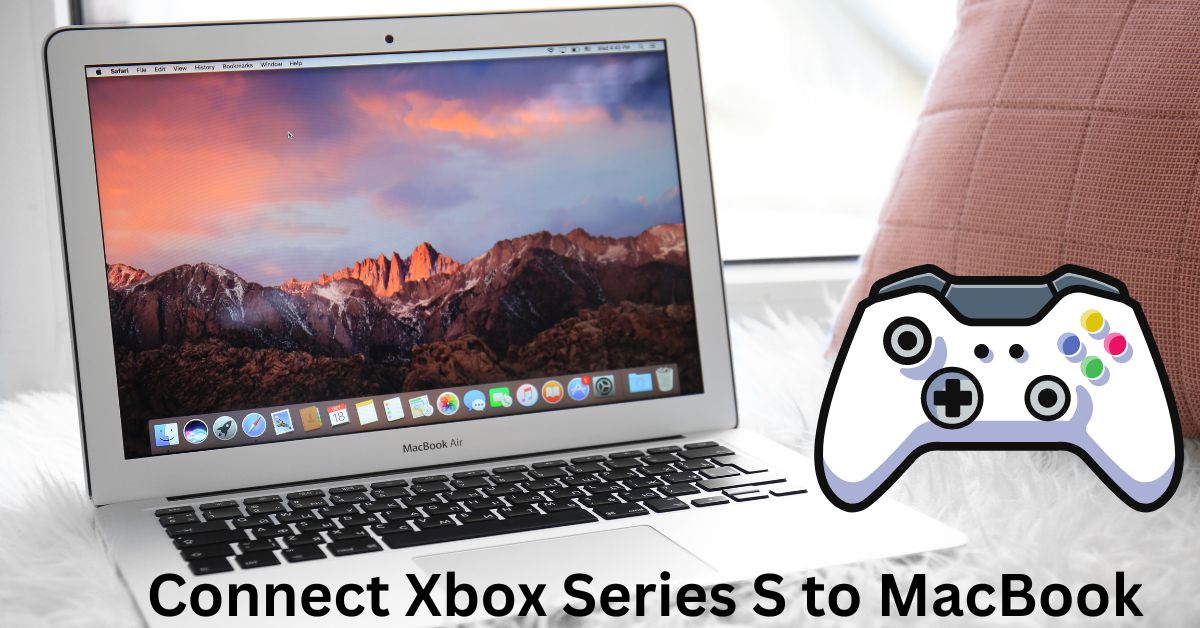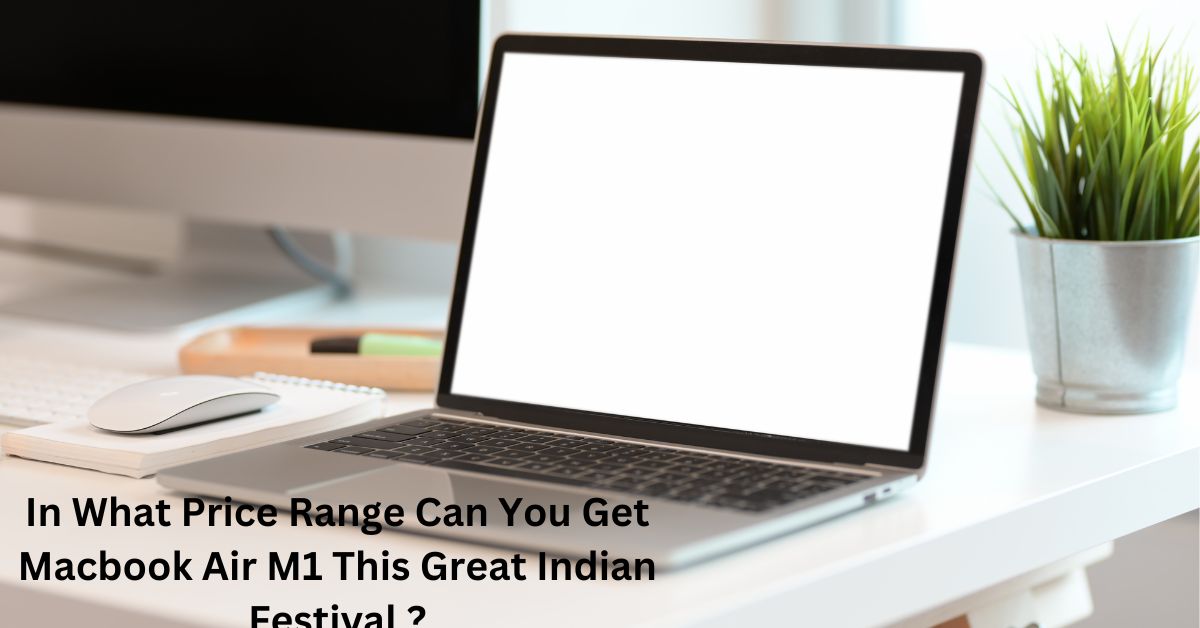Chromebook vs. MacBook: Choosing the Right Laptop for Your Needs

In today’s tech-driven world, laptops are essential tools for both personal and professional tasks. Among the numerous options available, Chromebooks and MacBooks have emerged as two popular choices catering to distinct user bases. While they may appear similar at a glance, their core features, operating systems, and overall user experiences set them apart. This article delves into the key differences, strengths, and considerations to help you decide between a Chromebook and a MacBook.
Operating System: Simplicity vs. Sophistication
The primary distinction between Chromebooks and MacBooks lies in their operating systems. Chromebooks run on Google’s Chrome OS, a lightweight, cloud-based platform optimized for simplicity and speed. Chrome OS is ideal for users who primarily work online, relying on Google’s ecosystem of apps such as Google Docs, Sheets, and Drive.
On the other hand, MacBooks operate on Apple’s macOS, a sophisticated and feature-rich operating system. macOS offers a seamless experience for users within Apple’s ecosystem, providing powerful software like Final Cut Pro, GarageBand, and integrated tools like iCloud. It’s perfect for creative professionals, developers, and those who need robust multitasking capabilities.
Hardware Design and Build Quality
MacBooks are renowned for their premium build quality, sleek aluminum chassis, and Retina displays. They exude elegance and are often considered a status symbol. Whether you opt for the MacBook Air or the MacBook Pro, you’re guaranteed a top-notch display, excellent keyboard, and a robust trackpad.
Chromebooks, while more budget-friendly, vary widely in design and build quality. Some models are basic with plastic casings, catering to students and casual users, while high-end Chromebooks like the Google Pixelbook feature premium materials and designs that rival MacBooks. However, most Chromebooks’ display quality and performance typically do not match the high standard set by Apple.
Performance and Versatility
MacBooks, particularly the latest models powered by Apple’s M1 and M2 chips, deliver outstanding performance. They are designed to handle demanding tasks like video editing, graphic design, and software development with ease. Their versatility makes them suitable for both professional and personal use.
Chromebooks, in contrast, are optimized for efficiency rather than power. They are perfect for web-based tasks, lightweight applications, and students who need affordable, easy-to-use devices. While they may struggle with resource-heavy tasks, newer models with Intel processors or AMD Ryzen chips have improved significantly.
Battery Life
Both Chromebooks and MacBooks excel in battery life, but their efficiency is context-dependent. Chromebooks often boast long-lasting batteries due to their lightweight operating system and minimal power consumption. A standard Chromebook can last 10-12 hours on a single charge.
MacBooks, especially with Apple’s M1 and M2 chips, are also known for their impressive battery life, offering up to 20 hours of use for some models. However, this performance is reflected in their premium price tag.
Price Point
Chromebooks are unbeatable when it comes to affordability. With options ranging from $200 to $700, they are accessible to a wide range of users, particularly students and budget-conscious individuals. High-end Chromebooks may reach the $1,000 mark but still remain more affordable than MacBooks.
MacBooks, on the other hand, come with a premium price tag. Starting at around $999 for the base MacBook Air, prices can soar above $2,000 for higher-end MacBook Pro models. The investment is worthwhile for users who need advanced features and powerful performance.
Ecosystem and Compatibility
Apple’s ecosystem is a significant draw for MacBook users. Features like Handoff, AirDrop, and Continuity Camera create a seamless experience for those who own other Apple devices such as iPhones, iPads, or Apple Watches. This level of integration is unparalleled in the tech world.
Chromebooks, while not as integrated, offer strong compatibility with Google’s ecosystem. They are ideal for users who rely heavily on Google Workspace and Android apps, making them a versatile choice for everyday productivity.
Who Should Buy What?
- Chromebooks: Ideal for students, casual users, and those seeking an affordable, lightweight laptop for web-based tasks and cloud computing.
- MacBooks: Suited for professionals, creatives, and power users who need a robust, high-performance device with advanced features.
Final Thoughts
The choice between a Chromebook and a MacBook ultimately depends on your needs, budget, and how you plan to use the laptop. Chromebooks offer simplicity, affordability, and excellent battery life, perfect for basic tasks and on-the-go usage. With their premium design, powerful performance, and deep integration with Apple’s ecosystem, MacBooks cater to users looking for a more versatile and sophisticated experience.
By understanding the strengths and limitations of each, you can make an informed decision that aligns perfectly with your lifestyle and requirements.




